Wastewater: Vigilance urged over bid to confuse public
China has denied claims by the Japanese government that Chinese nuclear power plants have been releasing effluent containing higher levels of tritium, a radioactive isotope, than the nuclear-contaminated wastewater Japan plans to discharge into the ocean.
The rebuttal from China's National Nuclear Safety Administration came on Wednesday in response to a report in The Yomiuri Shimbun, Japan's largest-circulation newspaper, which quoted a document from the Japanese government. The newspaper reported late last month that tritium levels in wastewater released annually from nuclear power plants in China were 6.5 fold higher than the amount scheduled to be released from the Fukushima Daiichi nuclear plant.
Hit by an earthquake and tsunami in 2011, the Fukushima plant experienced meltdowns in three of its reactors. Tokyo Electric Power Company Holdings, which operates the plant, plans to start discharging treated nuclear wastewater from the site as early as this summer. The move has met with strong opposition from Japan's neighboring nations.
Refuting Japan's claims, the statement from the National Nuclear Safety Administration said: "In fact, there are essential differences between the nuclear-contaminated water from the Fukushima nuclear power plant in Japan and the normal liquid effluents from nuclear power plants worldwide." With different sources and different types of radioactive isotopes, they presented different levels of difficulty in treatment, it said.
The nuclear wastewater from the Fukushima plant originated from water used to cool down the nuclear reactor core after the accident, as well as groundwater and rainwater that infiltrated the reactor, it said. It is very difficult to treat such wastewater as it contains various types of radioactive isotopes that exist in the reactor core.
Wastewater generated during normal operations at nuclear power plants only contains a few fission nuclides. If these are treated with the best available techniques that strictly comply with internationally accepted standards and are then discharged in an organized manner, they will contain far less nuclear pollutants than what is permissible, the administration continued.
The world should be vigilant about the attempts being made to confuse the public with such claims to get away with misconduct, it said.
It stressed that misleading publicity about the discharge from the Fukushima plant will never change the truth, and said it's impossible that Japan's carefully calibrated discharge plan will cover up its intentions to shift risks.
The statement also noted some problems with Japan's monitoring arrangements.
The country, for example, takes samples that are a mixture of contaminated water from 10 tanks for monitoring. It's possible that some of the high-concentration nuclear-contaminated water is diluted in the process and thus reaches the discharge standard, it said.
"The discharge from the Fukushima Daiichi nuclear plant is related to the global marine environment and public health," it said. "It should be subject to open and transparent international monitoring and supervision involving relevant stakeholders, instead of arranging monitoring under the leadership of Japan alone."
Earlier on Tuesday, International Atomic Energy Agency Director-general Rafael Grossi handed a review report to Japanese Prime Minister Fumio Kishida in Tokyo. In a foreword to the report Grossi said, "controlled, gradual discharges of the treated water" into the Pacific Ocean "would have a negligible radiological impact on people and the environment". Multiple Chinese departments have expressed regret over the report by the IAEA.
Deng Ge, secretary-general of China Atomic Energy Authority, said the IAEA's safety report failed to fully reflect the opinions of all experts that were involved in the review and its conclusions were limited and biased.
"China expressed regret that the IAEA has hastily released the report," he said.
He said Japan has not yet proven the legitimacy of its decision to discharge the contaminated wastewater.
After the Japanese government made the unilateral decision to carry out the discharge, it came under pressure from home and abroad and requested the IAEA to conduct a review and assessment, Deng said. By deliberately limiting the authorization of the IAEA technical working group, Japan restricted the review and assessment to only one treatment option.
"Even if the IAEA believes that discharging the nuclear wastewater into the sea complies with international safety standards, it does not prove that discharge is the only or best treatment option," he stressed.
He said Japan has also failed to prove the long-term effectiveness and reliability of its purification system for the wastewater to be released, the authenticity and accuracy of its data. Nor can it prove the discharge is harmless to the marine environment and people's health.
Tokyo Electric Power Company Holdings has repeatedly concealed and tampered with data about the wastewater, Deng said. The IAEA conducted the review and assessment based solely on data and information provided by Japan, and only conducted laboratory inter-comparison analysis on a small amount of wastewater samples that were collected by Japan unilaterally.
"Even if the IAEA reaches the conclusion that the discharge of the wastewater into the ocean meets international safety standards, it is not sufficiently persuasive," he continued.
Foreign Ministry Spokesman Wang Wenbin said on Wednesday that the IAEA report has specifically pointed out that the international organization has neither suggested Japan adopt the plan to discharge the wastewater into the ocean, nor endorsed the plan.
"The essential aim of Japan's unilateral decision on discharging the nuclear-contaminated wastewater is to minimize its own costs and risks, while transferring the avoidable nuclear pollution risks to the whole world," the spokesperson said.
Thanks to monitoring work on marine radiation carried out in 2021 and 2022 in waters under China's jurisdiction, the administration is aware of the current radiation levels in the relevant areas, the statement said. The administration has made arrangements for water monitoring over Japan's discharge plan. "If any abnormalities are detected, warnings will be issued in a timely manner to effectively safeguard China's national interests and people's health," it stressed.








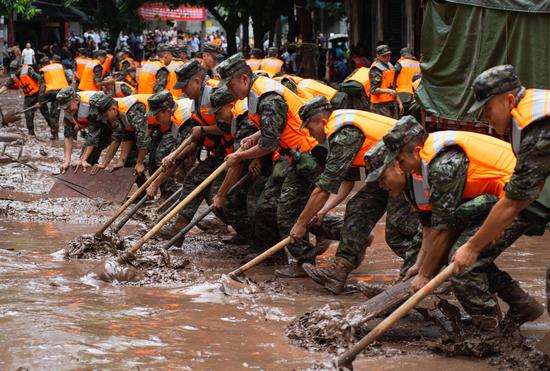
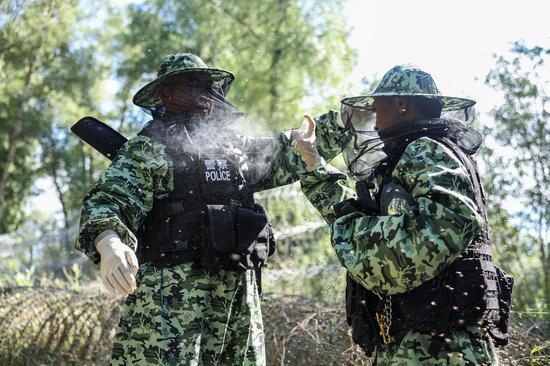


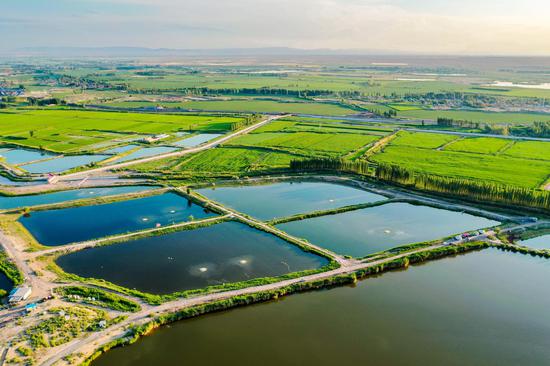

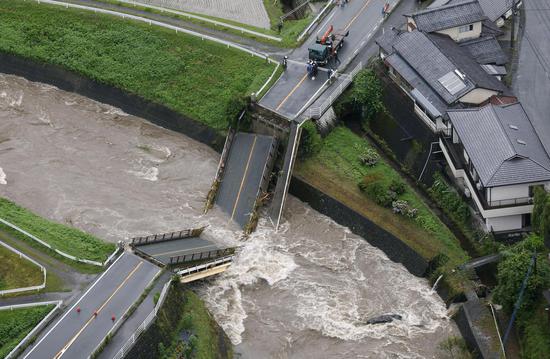
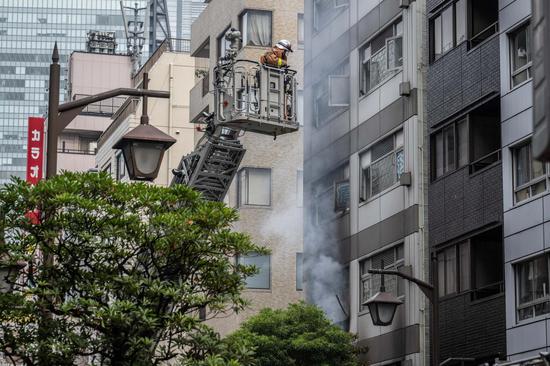
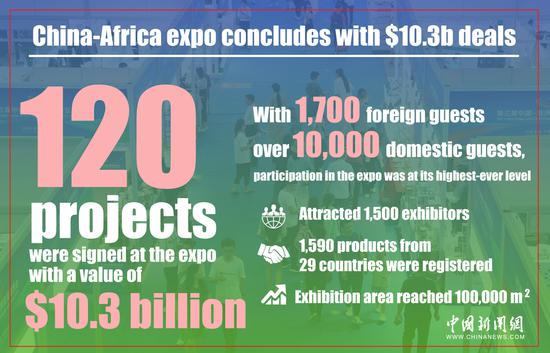

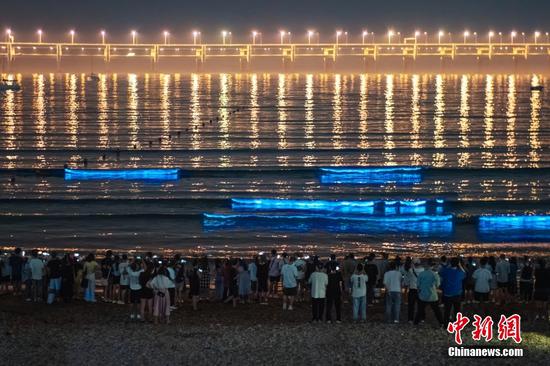



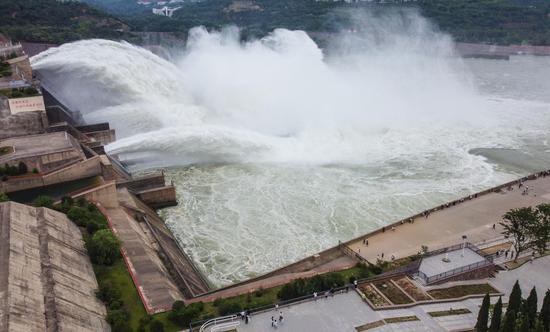



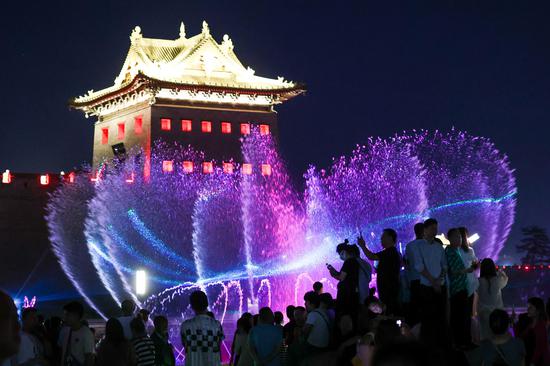

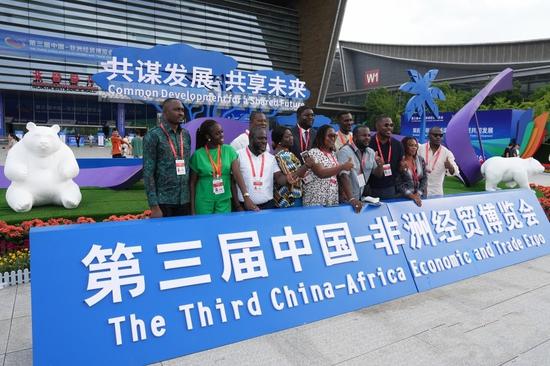



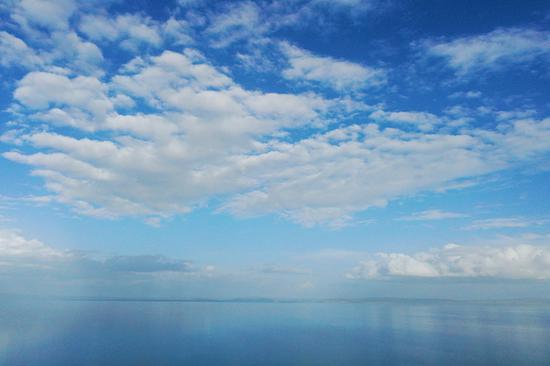
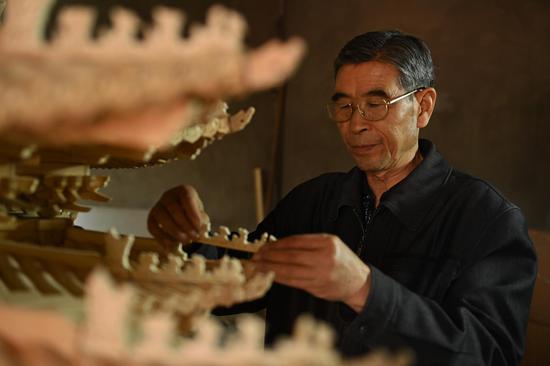

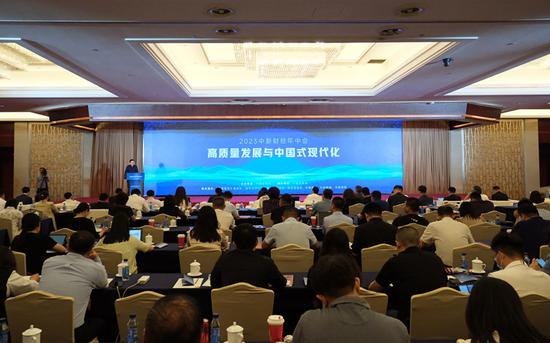
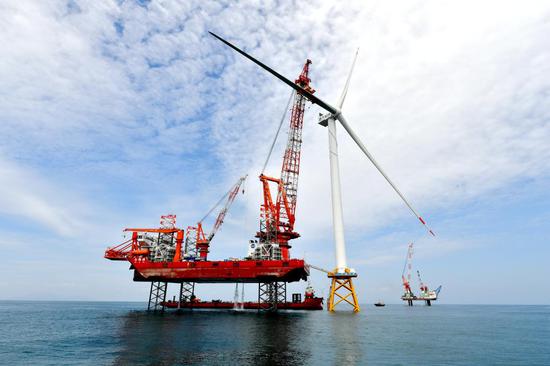

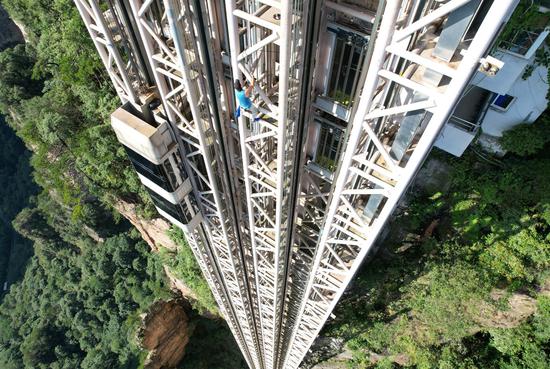
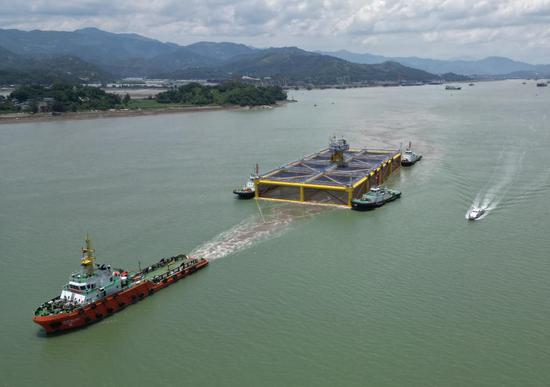










 京公網安備 11010202009201號
京公網安備 11010202009201號